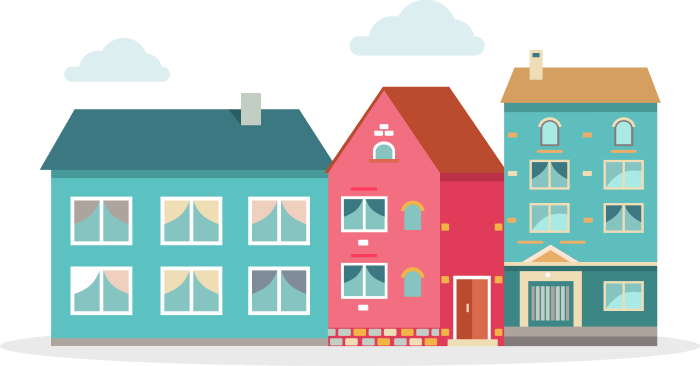Myrtle Beach
We did the research. Find a place to call home.
B+
Quality of Life Score
Myrtle Beach Information
42,179
Total Population
45%
Married Persons
55%
Single Persons

7/10
City Rating
City ratings are often based on a variety of factors including quality of life, economic opportunities, safety, education, and more. A rating of 7 or higher might suggest a city with a relatively high quality of life and desirable living conditions. A rating below 5 might indicate challenges or lower overall satisfaction.
7/10
Overall Value
This is a broader rating that takes into account multiple factors affecting the overall appeal of a city. Ratings above 7 might indicate a highly attractive city, while those below 5 might suggest areas for improvement.
10/10
Density (Population per mile²)
City density refers to the concentration of people living within a city's geographic area. It is typically expressed as the number of residents per square mile or square kilometer. Higher density indicates that more people live in a given area, leading to potentially busier streets, more crowded living conditions, and increased access to amenities and services.
1357
Myrtle Beach
260,000
Reno
City Info
Myrtle Beach, South Carolina, is a rapidly growing coastal city with an estimated population of about 42,179 in 2025. It is part of the larger Myrtle Beach metropolitan area, which has a population of approximately 441,000. Known for its beaches, tourism industry, and vibrant entertainment scene, Myrtle Beach attracts a diverse population. The city has experienced a population increase of over 17% since 2020, reflecting strong economic and residential growth. The median age is 47 years, indicating a balanced mix of families, working adults, and retirees. The average household income is around $87,500, with a poverty rate near 17%. Myrtle Beach offers a moderate population density and a variety of housing options, with median home prices generally around $300,000. The city’s economy is supported by tourism, retail, and service sectors, and it maintains a moderate crime rate with ongoing community development efforts
Residence
40% (Homes Rented)

50 Years
Median Home Age
$300,000
Median Home Price
5%
Home Aappreciation Rate
1.5%
Annual Property Tax
Weather
60%
Sun
30%
Rain
10%
snow
Residence
Myrtle Beach experiences a humid subtropical climate with hot summers and mild winters. The housing market includes a mix of older homes and newer developments. Homeownership is moderate, reflecting a balance between residents and seasonal visitors. The city is known for its coastal lifestyle and recreational amenities.
Community
7
Crime Rate (per 100,000)
Democratic
Political Majority
47
Average Age
Community
Myrtle Beach is a diverse community with a strong tourism-driven economy. The city has a mix of long-term residents and seasonal populations, fostering a vibrant cultural scene. It is politically predominantly Democratic and offers a variety of community events and recreational activities.
Locale

Occupation
25%
Management, Business, Art & Sciences
20%
Sales & Office Occupations
15%
Service Occupations
15%
Production, Transportation & Material Moving
5%
Natural Resources, Construction & Maintenance
Education
1:18
Student Teacher Ratio
30%
High School Diploma
30%
Some College or Associates Degree
15%
Bachelors Degree
5%
Graduate or Professional Degree
Locale
Myrtle Beach is a popular tourist destination with a growing residential base. It offers access to beaches, golf courses, entertainment venues, and shopping centers. The city balances economic growth with preservation of natural and recreational resources.
Transit
27%
Public Transportation
70%
Car
10%
Carpool
10%
Work At Home
Transit
Myrtle Beach is primarily car-dependent, with limited public transportation options. Commute times are slightly below the national average due to the city’s compact size and tourism infrastructure. The city encourages sustainable transit initiatives alongside traditional car use.


